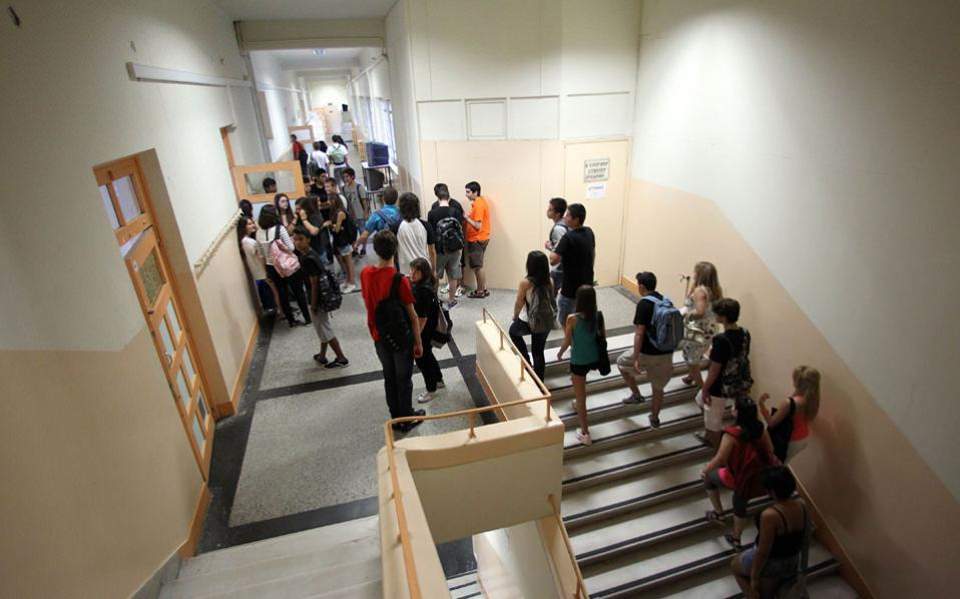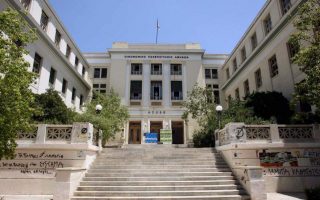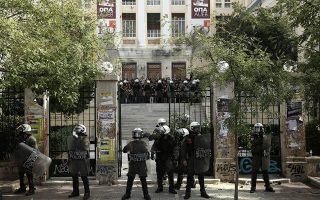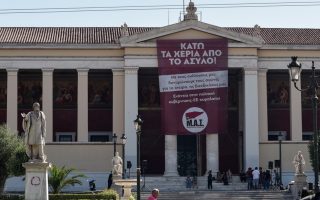The PISA puzzle

Can a 15-year-old in Greece read a chat in a forum and understand who says what? Can he or she look for information on the internet to understand why a coffee shop decided to replace cow’s milk with soy milk?
If you believe that the hours young people spend on their smartphones have made them familiar with such issues, then you, too, will be puzzled by the low marks that pupils in Greece got in last year’s exam set by the OECD’S Program for International Student Assessment (PISA). Other questions concerned maths and science.
Every three years, the publication of these results provokes either lamentations at the state of our education system or curses against the foreigners and class enemies who seek to slander Greece’s educators. The fact is that since 2000, when Greece first took part in the program, our country has consistently performed below average. In 2018 it was ranked 34th among OECD countries and 43th/44th among the 79 countries and economic areas. Aside from a temporary improvement in reading and maths between 2006 and 2009, our marks have not got any better.
What is it that condemns Greece to low rankings in an examination that serves as a credible measure of education systems? In other countries, alarm bells rang when problems were noted, with teachers, politicians, researchers joining forces in a national endeavor. Is it our teachers’ indifference that is to blame? In the analysis of the Greek results, two bits of evidence suggest that things are not so simple. Some 12 percent of disadvantaged students were able to score in the top quarter of reading performance, “indicating that disadvantage is not destiny,” the report said. The average for this internationally was 11 percent.
Also, some 65 percent of students in Greece agreed that their teachers appeared to enjoy teaching. This may be below the OECD average of 74 percent, but, combined with the performance of disadvantaged students, it suggests that some serious teaching is taking place. (Some 6,403 pupils in 256 schools took part.)
Also, after so many years, there should be no reason to claim that perhaps Greek pupils are not comfortable with the way the PISA exam presents problems. Perhaps the most serious explanation for the bad results is that we did not take seriously the need to tackle not only the transfer of knowledge but also the way we deal with challenges – including the PISA exam itself. This doesn’t concern only educators, politicians, commentators and pupils; it concerns society as a whole.





